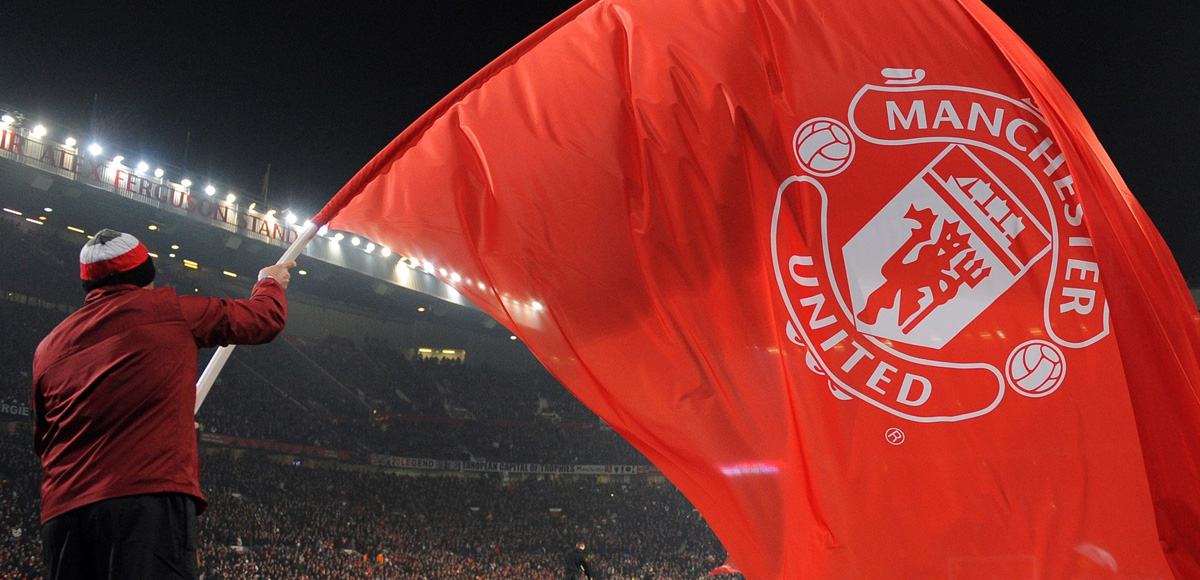Manchester United’s co-owners, INEOS, have found themselves embroiled in a high-profile legal dispute with one of the most iconic teams in world sport—the New Zealand Rugby team, the All Blacks. The fallout from this sponsorship disagreement has not only raised questions about INEOS’ financial commitments but also shed light on the broader economic challenges facing Sir Jim Ratcliffe’s petrochemicals giant.
The Breakdown of a High-Profile Partnership
The roots of this dispute trace back to 2021, when INEOS agreed to become the performance partner of the All Blacks in a deal spanning from 2022 to 2027. As part of the agreement, INEOS’ branding was to be prominently displayed on the back of the team’s training shorts and the front of their training jerseys. This partnership was seen as a significant coup for both parties, aligning one of the world’s most successful rugby teams with a global industrial powerhouse.
However, the relationship has soured dramatically. On Tuesday, the All Blacks announced that they were taking legal action against INEOS, citing an alleged breach of the sponsorship agreement. According to the rugby team, INEOS failed to pay the first instalment of the 2025 sponsorship fee, effectively signalling their intention to withdraw from the deal.
INEOS’ Response: A Defensive Stance
INEOS was quick to respond, issuing a statement that sought to explain their decision while also taking a thinly veiled swipe at the All Blacks. The company emphasised the severe economic challenges it has faced in recent years, particularly in its European operations.
“INEOS has greatly valued our sponsorship of New Zealand Rugby, having contributed over USD $30 million to the teams in recent years,” the statement read. “However, trading conditions for our European businesses have been severely impacted by high energy costs and extreme carbon taxes, along with much of the chemicals industry in Europe, which is struggling or shutting down. We are witnessing the deindustrialisation of Europe.”
The statement went on to outline the cost-saving measures that INEOS has been forced to implement across its business. The company claimed that it had attempted to reach a “sensible agreement” with the All Blacks to adjust the sponsorship terms in light of these financial pressures. However, it accused New Zealand Rugby of opting for legal action rather than working towards a mutually beneficial resolution.
“Unfortunately, rather than working towards a managed solution, New Zealand Rugby have chosen to pursue legal action against their sponsor,” the statement concluded. “We remain in ongoing discussion with New Zealand Rugby.”
A Pattern of Cost-Cutting at INEOS
This dispute is not an isolated incident but rather part of a broader trend of cost-cutting measures implemented by Sir Jim Ratcliffe and INEOS. Since acquiring a significant stake in Manchester United, Ratcliffe has been scrutinised for a series of austerity-driven decisions at the club. These include making hundreds of staff redundant, cancelling Sir Alex Ferguson’s ambassadorial contract, and even scrapping the popular annual Christmas party.
While these measures have been framed as necessary steps to streamline operations and improve financial efficiency, they have also drawn criticism from fans and stakeholders who fear that the club’s heritage and culture are being eroded in the process. The All Blacks’ legal action against INEOS only adds to the perception that Ratcliffe’s empire is under significant financial strain.
The Broader Implications
The fallout from this sponsorship dispute extends beyond the immediate parties involved. For INEOS, it raises questions about the sustainability of its high-profile partnerships and its ability to honour long-term commitments in the face of economic adversity. For the All Blacks, the legal battle represents a significant blow to their financial planning and brand image, particularly given the prestige associated with the INEOS partnership.
Moreover, this saga highlights the broader challenges facing European industries, particularly in the chemicals and manufacturing sectors. INEOS’ reference to “the deindustrialisation of Europe” underscores the impact of rising energy costs, stringent environmental regulations, and global economic uncertainty on businesses operating in the region.
What’s Next?
As the legal proceedings unfold, both INEOS and the All Blacks will be keen to protect their respective interests. For INEOS, the priority will be to mitigate the financial and reputational damage caused by the dispute. For the All Blacks, the focus will be on securing the resources needed to maintain their status as one of the world’s leading rugby teams.
In the meantime, Manchester United fans will be watching closely, hoping that the financial pressures facing INEOS do not further impact their beloved club. The coming months will be crucial in determining whether INEOS can navigate these challenges and deliver on its promises to restore United to its former glory.
One thing is certain: this sponsorship saga is far from over, and its repercussions will be felt far beyond the rugby pitch.


